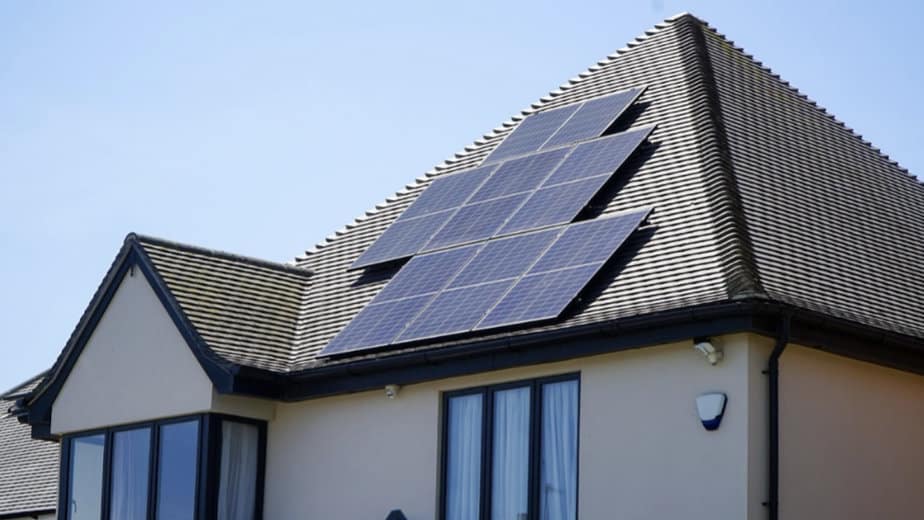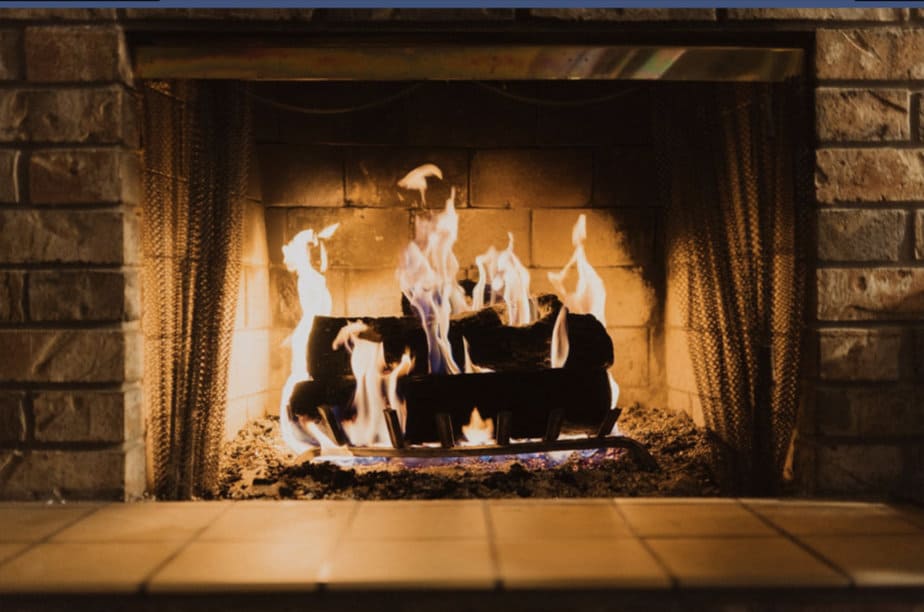Title:
Slash Your Energy Bills with These 15 Money-Saving Home Efficiency Tips
Your energy bills are probably one of your biggest expenses each month, next to rent or mortgage payments. But did you know that there are many ways you can reduce those bills without making any big changes to your lifestyle? This blog post shared by a contributor will discuss 15 tips for making your home more energy efficient. Following these tips can help you save hundreds – or even thousands – of dollars each year on your energy costs!
-
Install Solar Panels :
Solar panels are one of the most popular home efficiency tips. Installing solar panels on your roof or in your yard will drastically reduce your energy bills, as you’ll be generating some (or all) of your own electricity from the sun’s energy.
The guide to solar panel installation process will show you how to install solar panels safely and efficiently.
-
Change Your Lightbulbs :
Change your existing lightbulbs to LED bulbs. LED bulbs last longer, produce less heat and use about 75% less energy than traditional incandescent bulbs. Plus, you won’t have to replace them as often!
You can also use motion sensor lighting in hallways, closets, and other areas where you don’t need a lot of light. This will help reduce your energy costs as well.
-
Unplug Your Electronics :
Many electronics continue to draw power even when they’re turned off, so unplugging them can save you some money on your energy bills. Plugging devices into power strips is an easy way to turn off several items at once – just switch the power strip when you’re finished using the device.
Electronic devices with timers or sleep settings, such as computers and TVs, can also help reduce energy usage.
-
Seal Drafts :
Sealing any drafts in your home is an important step in reducing energy costs. You can use caulk or weatherstripping around windows and doors to prevent heat loss during the winter months. Check for air leaks around pipes, vents, and other areas of your home that may be letting out warm air.
-
Upgrade Your Appliances :
If you’re still using old appliances like refrigerators and washing machines from a few decades ago, it’s time for an upgrade! These older models use much more energy than modern ones do. Look for energy Star-certified appliances when shopping for replacements – these models are much more efficient and will help you save money in the long run.
-
Install Low-Flow Fixtures :
Low-flow fixtures such as shower heads, faucets, and toilets can reduce your water usage (and costs!) by up to 50%. Look for fixtures that are labeled with WaterSense or EPA ratings for the most efficient models. You can also install water flow regulators on existing fixtures to reduce their water usage.
-
Invest in a fireplace.
A fireplace is a great way to heat your home in the winter months without breaking the bank. Investing in a quality fireplace insert will help keep you warm while saving money on your energy bills.
-
Use Window Treatments :
Window treatments such as curtains and blinds can reduce the amount of heat lost through windows during cold weather. Consider investing in thermal curtains to maximize energy efficiency during the colder months.
-
Install Ceiling Fans :
Ceiling fans are a great way to circulate air throughout your home during the hot summer months. They use much less energy than air conditioners, so they’re an effective way to reduce your energy costs. Plus, ceiling fans come in many stylish designs these days!
-
Don’t wash with hot water.
When you do your laundry, make sure you’re washing on cold instead of hot. Hot water uses more energy than cold water, so switching to a cold-water cycle will help reduce your energy costs. It also helps keep colors from fading and protects fabrics from damage.
-
Set your refrigerator temperature to the manufacturer’s recommendation
Refrigerators account for a large portion of energy usage in many homes. Setting your refrigerator temperature to the manufacturer’s recommendation can help you save money on your energy bills. It’s also important to keep your fridge clean and free from dust buildup, as this can reduce efficiency.
-
Run the numbers
By taking the time to analyze your energy usage, you can get a better understanding of where and how you’re using the most energy. This will help you focus on areas where you can make more efficient choices so that you can save money in the long run. You may even be able to find ways to lower your energy bills without sacrificing comfort or convenience!
-
Use natural light whenever possible:
Natural light is free! Try to make use of it when possible by opening blinds, moving furniture around, or installing skylights. This will help reduce your need for electric lighting during daylight hours, which will save you money on energy costs.
-
Turn off your air conditioner when you’re not at home.
Air conditioning units use a lot of energy, so make sure to turn yours off when you leave the house. This will help reduce your energy usage and save you money on your electricity bills. You can also set the thermostat a few degrees higher or lower depending on the season for extra savings.
-
Close your blinds and curtains at night
Keeping your blinds and curtains closed at night can help reduce heat loss from windows. This will keep your home warmer, which means you won’t have to use as much energy to stay comfortable during the winter months. Plus, it’s an easy way to save money on energy costs!
There are a lot of small changes you can make to your home that will help reduce your energy usage and save you money. From installing low-flow fixtures to setting your refrigerator temperature to the manufacturer’s recommendation, these steps can all add up in the long run. Additionally, making sure to use natural light when possible and turning off your air conditioner when not at home can go a long way toward saving energy and money. By taking the time to research different methods for reducing your energy costs, you’ll be able to save more money while still staying comfortable at home!

